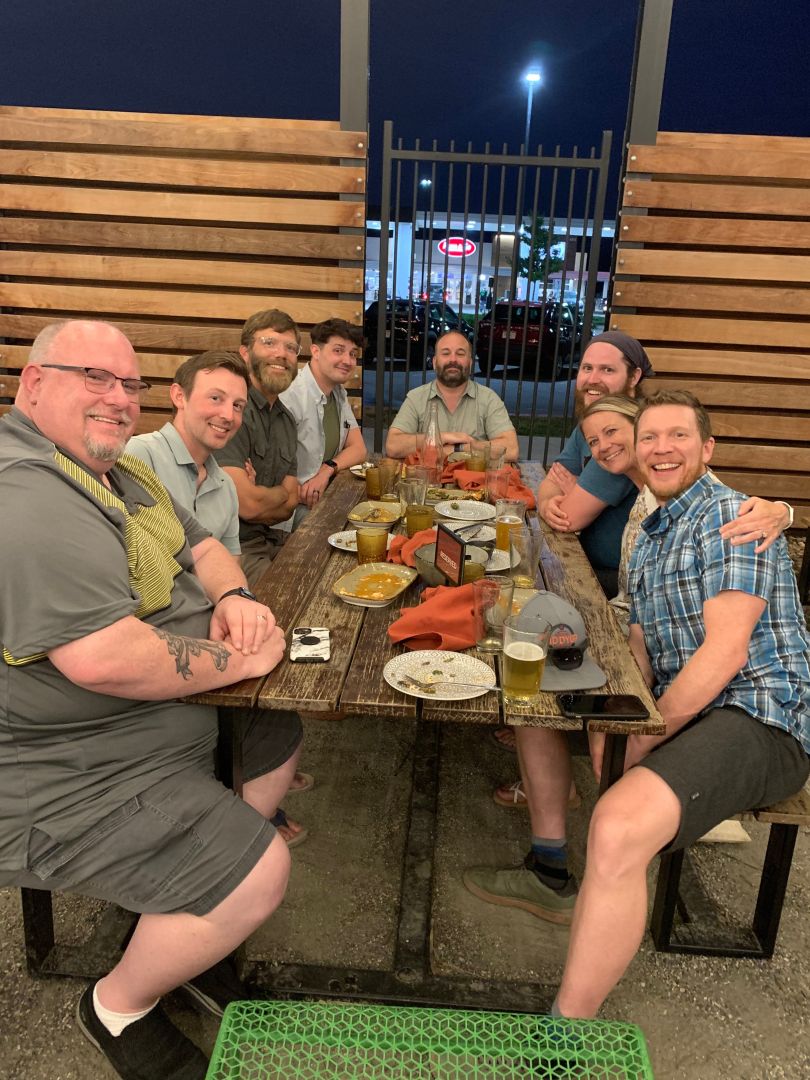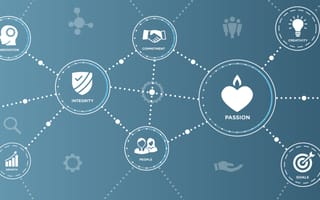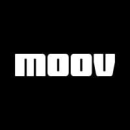What transforms a good engineering culture to a great one?
It’s not the digital garnishes. Emojis on Slack, emailed GIFs and icebreakers over Zoom are maraschino cherries atop an ice cream sundae made entirely of something else.
It’s not the physical flourishes either, as the deserted offices of 2020 proved. From San Francisco to Seoul to Sao Paulo, pinball machines and foosball tables and kitchenettes sat unplugged, dust-coated and drenched in darkness — yet still the best engineering cultures thrived.
Is it the people? While it’s true that people are a critical aspect of company culture, highly engaged engineers abound on teams ranging from vibrant to sterile, welcoming to aloof.
To find that secret ingredient, Built In Colorado sat down with three local tech companies who highly rated the community of their engineering teams. At Moov Financial, CTO Joel Tosi said the secret to their quality culture is creativity. At Brandfolder, Director of Engineering Brett Nekolny and Engineering Manager Jeff Warner pointed to trust. At Vertafore, VP of Development Jason Ward said it’s a little bit of everything.
Read on to hear more about what makes the culture of each of these engineering teams soar.

Moov Financial
What are the key characteristics and values of a good engineering team culture? And what are some ways you and your team bring those characteristics or values to life?
At Moov, we believe the term “computer science” is a misnomer — what we do is actually art.
Every day, engineers march toward the same goal, but the path there is unique to each person. By recognizing engineers as creators and respecting the creative process, we’ve built a culture of curiosity and exploration rather than a programming assembly line. When people are free to express themselves in their work, they also feel comfortable sharing their thoughts, opinions and recommendations.
Engineers value collaboration, challenging the status quo, hearing different perspectives and seeking new knowledge in order to build our best work, so we’ve built processes across the organization to make it a reality. What it’s done is create a place of trust, honesty and respect. At Moov, we know that when passionate people feel uninhibited and heard, it elevates our game. And when those same people are free to dream big, magic happens.
How do you ensure engineers on your team continue to feel challenged, engaged and excited by the work they’re doing?
Smart people like to take on hard problems. That’s why it’s important to create an environment of collaboration, not competition. Instead of hoarding information, we openly share knowledge and opinions — and then mix them up together for the sake of making each other stronger. There are also unconventional approaches to keeping people engaged while caring about health and well-being.
For starters, we let engineers teach us how they want to be managed. Whether they’re a night owl or early bird, an introvert or busy with family, we empower them to work wherever they want, whenever they’re most productive, in order to stay focused and do the best work of their lives. This sense of openness and trust then permeates across the team. We also treat work like a marathon, not a constant sprint. It’s easy to stay interested in your work when you’re encouraged to step away from the keyboard and go for a run, pick up an instrument or even use your learning stipend to take a course. When you give people the freedom to learn, teach and add value, we never stay stagnant.
The world of work is constantly shifting, as are the wants and needs of today’s top talent. How are you continuing to evolve your team culture and respond to shifts in cultural and work trends, employee sentiment and technology?
It starts by hiring people, not job roles. Because rebellious exploration is in our DNA, we look for talent that will help us push boundaries, experiment and bring in new ideas. That means caring more about qualities than qualifications. You can’t train a person to be curious or compassionate, but you can teach technical skills. For Moov, creating a culture with diverse backgrounds is paramount. Not only does it generate better outcomes, but it also gives us opportunities to learn. The more perspectives we hear, the more we move forward and the better our software will be.
One of our core values is to keep it real and make it fun. That means people get to be unapologetically who they are. We’re creating a culture of mutual respect, open-mindedness and a safe place to fail, and it’s all for the sake of growing together. Because we have a leadership team that prioritizes people on the business hierarchy, it’s easier for us to evolve as our people’s needs change. And because we have a strong foundation of transparency and giving feedback, it’s easier for us to evolve as the world changes.
Brandfolder
What are the key characteristics and values of a good engineering team culture? And what are some ways you and your team bring those characteristics or values to life?
Warner: One of the most important characteristics of a good engineering team culture is trust — trust between team members, trust across the entire team and explicit trust from leadership. Trust is key to creating a place where everyone feels comfortable asking questions and collaborating, confident they are working on important and impactful projects. This creates the space to flourish, and we know it is hard to beat the feeling of being a valued member of a high-performance team.
How do you ensure engineers on your team continue to feel challenged, engaged and excited by the work they’re doing?
Brett Nekolny, Director of Engineering: At Brandfolder, the user engagement, problem space and scale that we operate in provide a continually evolving opportunity for high-caliber engineering. The challenges of our roadmap items have benefits in providing space for professional growth across everyone on the team.
Furthermore, we find that excellence is most easily achieved by teams accomplishing things together. Our roles as individual leaders, as well as team leaders, is to capitalize on these opportunities where exciting work benefits the individual as well as the business. When everything aligns, the result is a highly functional team working on important and valuable projects. The biggest problem becomes the amount of people who want to join the team.
How are you continuing to evolve your team culture and respond to shifts in cultural and work trends, employee sentiment, and technology?
Warner: The world of work and technology might be constantly shifting but what motivates people has not changed: empowerment, respect and trust. It is a combination of actions built on trust. Having regular conversations with team members to get to know each other rather than a status update. Teamwork, execution and responsibility are the values that each of us bring to maintain this culture.
Asking questions is also a huge part of building a positive culture. It can be very difficult for adults to admit they do not know something to their coworkers. There is a stigma attached to asking questions, especially for underrepresented groups in a software engineering environment. We see these stigmas erode when experienced employees model the behavior of humility and ask questions that directly lead to the team becoming stronger by sharing knowledge and building trust.
Vertafore
What are the key characteristics and values of a good engineering team culture? And what are some ways you and your team bring those characteristics or values to life?
Embracing challenging problems, driving innovation, engaging team members, cultivating curiosity around new technologies and having fun. We create software for the insurance industry, which is very complex as the rules vary from state to state, so there are always challenging problems to be solved.
How do you ensure engineers on your team continue to feel challenged, engaged and excited by the work they’re doing?
As far as driving innovation, we have innovation planning weeks and hackathon events where our teams can use their creativity to solve problems.
When it comes to engaged team members, as an agile organization, one of the foundational elements is ownership of your work — I think this lends to engagement because they’re organizing and planning their day-to-day routine.
“Show up curious” is one of our Vertafore Way principles and we really value team members who are willing to come to the table and be curious about new technologies and methodologies. One way that’s playing out right now is with our commitment to cloud migration. Moving to the cloud has given our team new cool tech to play with.
How are you continuing to evolve your team culture and respond to shifts in cultural and work trends, employee sentiment and technology?
A key component to any culture is the ability to have a great time while doing work. We have very close-knit teams and try to find fun ways that they can connect to each other and the company.











